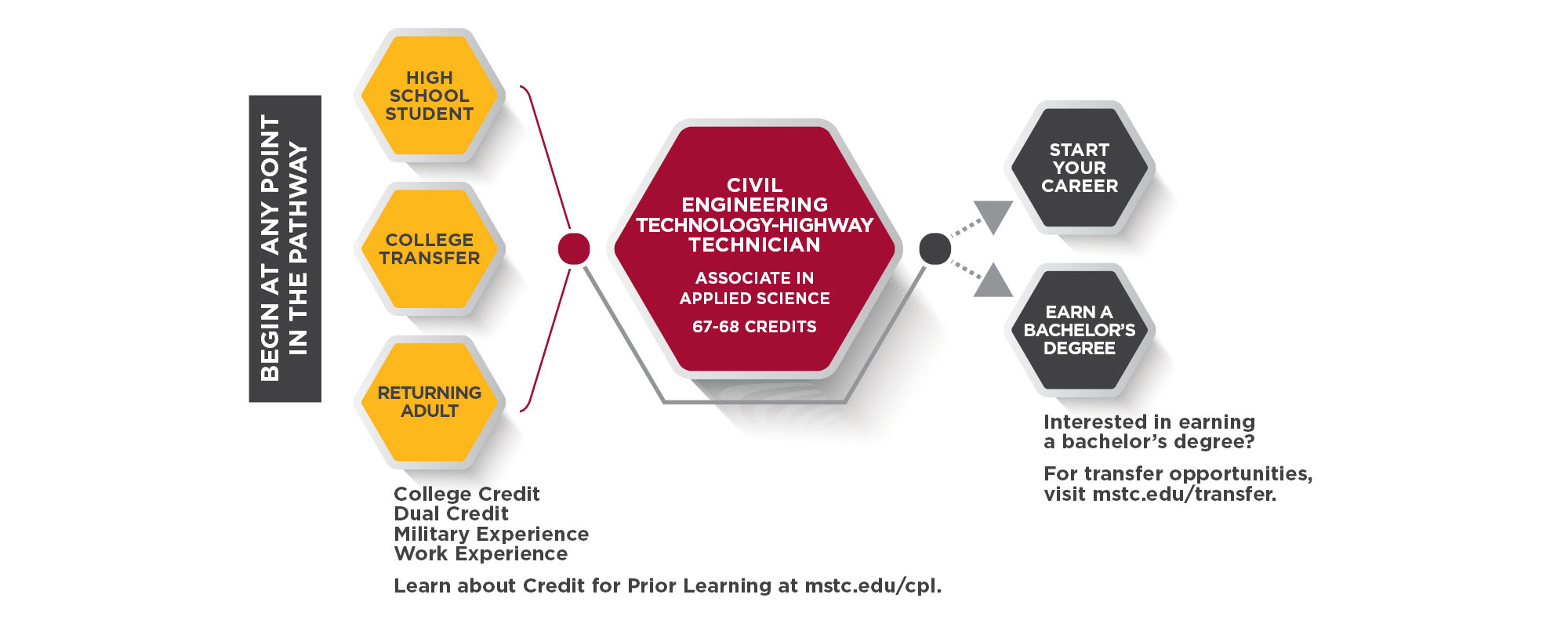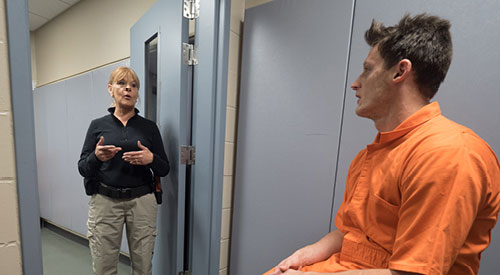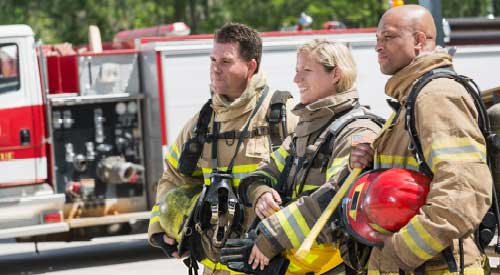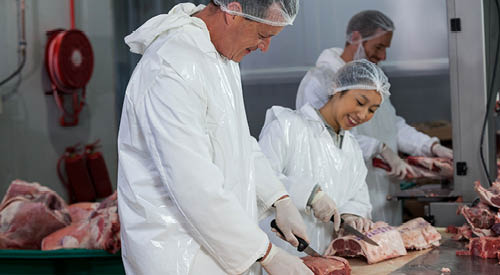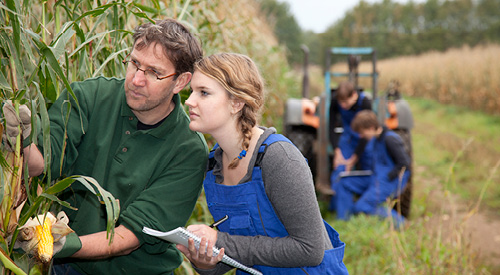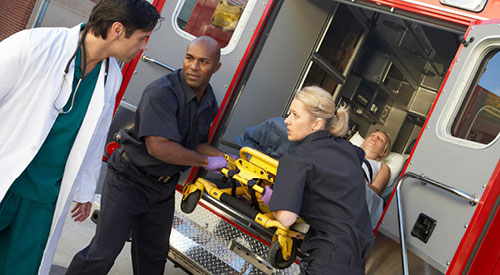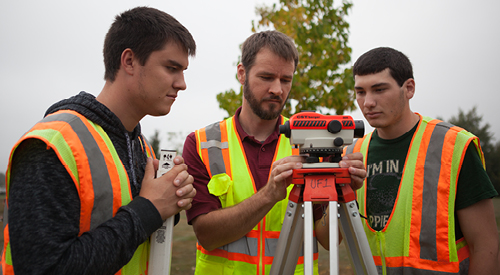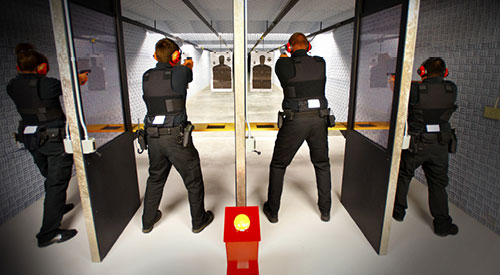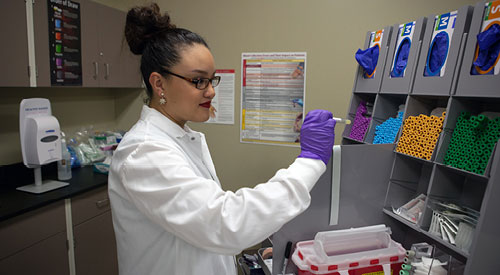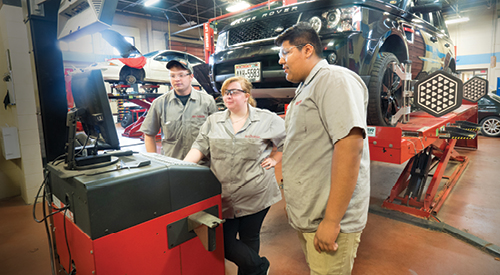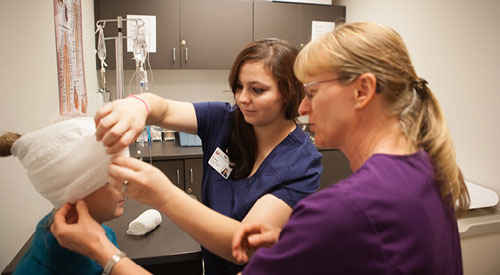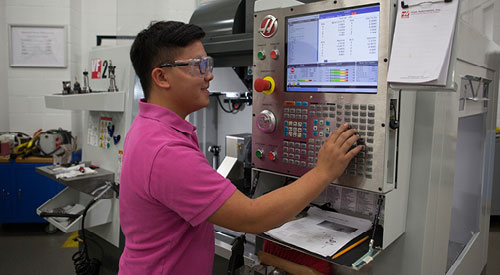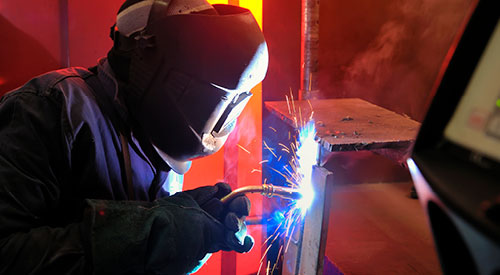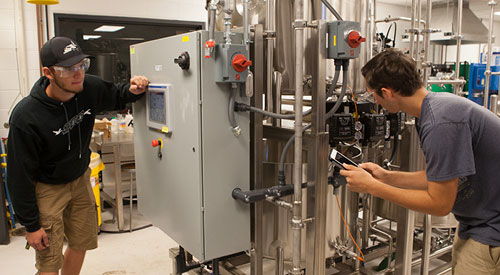Civil Engineering Technology-Highway Technician
Why choose Civil Engineering Technology-Highway Technician?
- Be a critical member of an engineering team that designs and constructs safe and efficient transportation networks.
- The challenging field of civil engineering is an excellent choice for those with attention to detail and comfort with computers and technology.
- Work with surveying and design teams in a variety of indoor and outdoor environments, including active construction sites and material testing labs.
- The Wisconsin DOT's transportation budget exceeds $3 billion annually, and employers public and private are constantly in need of trained personnel in this field.
- Mid-State’s program satisfies the educational requirement to become a Professional Land Surveyor (PLS) in Wisconsin. Completing this degree and additional work experience required by the state qualifies you to take the PLS exam.
Program Locations
AMETA™ Center
5000 Coye Drive
Stevens Point, WI 54481
Delivery:
In Person
Daytime
Full-Time or Part-Time
Varying Class Schedule
Length of Program: Two Years
Credits: 67-68
Start Dates: Fall or Spring
Start at any time or campus by taking general education courses.
What You'll Learn
Mid-State’s Civil Engineering Technology-Highway Technician program prepares students to work in the design and construction of public projects like roads, bridges, parking structures, and stormwater management systems. This important work also includes railroad, pipeline, power line, dam, canal, wastewater treatment facility, and airport construction.
Through hands-on exercises and a capstone design project, you’ll learn how to support the work of civil engineers, designers, surveyors, and city planners. You’ll also receive training in surveying, soils, construction material testing, computer drafting, estimating, site design, mapping, and inspection procedures.
Mid-State's Civil Engineering Technology-Highway Technician program courses provide the required educational hours to obtain the Professional Land Surveyor license; however, students need to complete four years of on-the-job experience in order to be eligible for licensure in the state of Wisconsin. The College does not guarantee its curriculum matches the requirements for preparation, examinations, or licensure for other states.
Outcomes
- Utilize graphic techniques to produce engineering drawings.
- Conduct standardized field and laboratory testing on civil engineering materials.
- Utilize modern surveying methods for land measurements and/or construction layout.
- Estimate material quantities and costs for civil engineering projects.
- Utilize geometric elements to develop corridors.
- Design storm systems to meet given design requirements.
- Determine forces and stresses in elementary structural systems.
- Employ productivity software to solve technical problems.
Technical Standards
Students in this program should be able to meet its specific technical standards. These are the essential skills and abilities needed to be successful in the program, with or without reasonable accommodation. It is important to review and understand these standards before applying to the program.
View Technical Standards For This Program
Employability Skills
- Behave Responsibly: Ethical Behavior, Self-Responsibility, Conflict Resolution, Collaboration
- Communicate Effectively: Writing, Technical Documentation, Listening, Speaking, Interpersonal Communication, Reading
- Critical & Creative Thinking: Inquiry, Evidence Collection, Analysis, Reasoning, Reflection (Metacognition)
- Cultural, Social, & Global Awareness: Global Awareness, Social & Cultural Awareness, Social Responsibility
- Use Appropriate Technology: Use of Technology, Confidentiality, Security, Digital Civility
Learn more about employability skills at Mid-State.
Estimated Entire Program Cost
Cost based on the 2025/26 academic year.
- Tuition & Fees: $11,204.70
- Books: $1,129.20
- Supplies, Uniforms, and/or Exams: $0
- Total Estimated Cost: $12,333.90
Financial Aid Eligibility
This program is eligible for full Financial Aid.
Cost of Attendance
Learn more about Cost of Attendance, an estimated budget that includes categories of expenses a student can expect to incur while attending.
This course has options available to receive credit for prior learning (CPL) or work experience.
| Catalog# | Title | Credits | |
|---|---|---|---|
| 10623106 | Introduction to AutoCAD | 1 | |
| 10607155 | Intro to Surveying | 2 | |
| 10607145 | Soils | 3 | |
| 10801136 | English Composition 1 | 3 | |
| 10804118 | Intermediate Algebra with Applications | 4 | |
| 10623115 | Intro to Engineering | 1 | |
| 10607106 | Excel for Engineering | 1 | |
| 10607108 | Introduction to Civil 3D | 1 | |
| Term Total | 16 Credits | ||
| Catalog# | Title | Credits | |
|---|---|---|---|
| 10607150 | Civil Engineering Drafting I | 3 | |
| 10607156 | Surveying - Total Station | 3 | |
| 10804196 | Trigonometry with Applications | 3 | |
| 10607167 | Inspection | 2 | |
| 10607110 | Cemented Aggregate Mixtures | 4 | |
| 10487101 | Drones and Remote Sensing | 1 | |
| Term Total | 16 Credits | ||
| Catalog# | Title | Credits | |
|---|---|---|---|
| 10809166 | Introduction to Ethics: Theory and Application | 3 | |
| -or- | 10809195 | Economics | 3 |
| 10806143 | College Physics 1 | 3 | |
| -or- | 10806154 | General Physics 1 | 4 |
| 10607160 | Civil Engineering Drafting II | 2 | |
| 10607174 | GPS for Surveyors | 2 | |
| 10607171 | Highway Surveying | 2 | |
| 10607170 | Storm Water Management | 3 | |
| 10607117 | GIS Fundamentals | 2 | |
| 10607118 | Land Records | 1 | |
| Term Total | 18-19 Credits | ||
| Catalog# | Title | Credits | |
|---|---|---|---|
| 10607166 | Construction Estimating & Management | 3 | |
| 10804195 | College Algebra with Applications | 3 | |
| 10607149 | Highway Bridges, Medians, & Barriers | 3 | |
| 10801196 | Oral/Interpersonal Communication | 3 | |
| -or- | 10801198 | Speech | 3 |
| 10809198 | Introduction to Psychology | 3 | |
| -or- | 10809188 | Developmental Psychology | 3 |
| 10607180 | Civil Engineering Capstone | 2 | |
| Term Total | 17 Credits | ||
| Program Total | 67-68 Credits |
Instructors
MICHAEL JOHNSON, BS, MS, MBA
Michael holds an MBA from UW–Milwaukee, an MS in career and technical education from UW–Stout, and a BS in civil engineering from the Illinois Institute of Technology. He is also a certified professional engineer in the state of Wisconsin and holds a remote pilot’s license for commercial drone use. Michael has worked as a design engineer and construction inspector for eight years, including design and inspection of residential, commercial, and industrial developments. He completes ongoing professional development to keep his skills fresh and maintain his license as a professional engineer (PE).
“Technology is constantly changing the way we design and construct our country’s infrastructure, enabling us to build more efficiently than ever before. Being trained using the latest equipment and software makes our graduates extremely valuable to employers in our industry.”
GREG WEBSTER, BCE, MS, MSCE
Greg earned both a BCE and MS from Auburn University and an MSCE from Purdue University, all in civil engineering. He is an NSPS Level IV Certified Survey Technician (Survey Field Manager) and holds five certifications in Wisconsin’s Highway Technician Certification Program. His experience includes work as a project engineer for multimillion-dollar wastewater treatment construction projects in four different states. He has also been a research technician on pavement material research projects for DOTs in Alabama and Indiana and has co-authored journal articles in Concrete International and ASCE Materials Journal on this research. He is an active member of the Wisconsin Society of Land Surveyors and is the Vice-President for the Central Chapter of the Wisconsin Society of Land Surveyors.
“Civil engineering provides our roads, airports, treatment facilities, and other municipal infrastructure we use every day. It is rewarding to play a role in projects that benefit our society—and help prepare students to move into in-demand careers as surveyors, inspectors, drafters, material testers, or estimators so they can tackle the challenges of our ever-growing population and ever-changing world.”
Careers
- Land Survey Technician
- AutoCAD Specialist
- Civil Engineering Technician
- Inspection/Quality Control Technician
- AutoCAD/Drafting Technician
- Estimator
- Field Technician
- Lab Technician
- Material Testing Technician
- Survey Technician
Video
Fast-Track
High school students are eligible to enroll in this program and all courses required. Learn more about Mid-State Fast-Track.
Take the Next Step
“The education I received at Mid-State has been invaluable. It built a foundation that is endlessly improving, providing excellent growth opportunities in my career.”
KEVIN BELLA
GRADUATE
Choose Your Path
Career pathways help you take your education one step at a time to maximize your investment and make college fit your life. Earn a credential and start using it in the workforce. Continue with another stack of related courses to gain a more advanced diploma or degree. Explore this program’s pathway in the graphic below. For an even quicker first step to a degree or diploma, check out our short-term certificates.
Transfer • Dual Credit • Credit for Prior Learning
